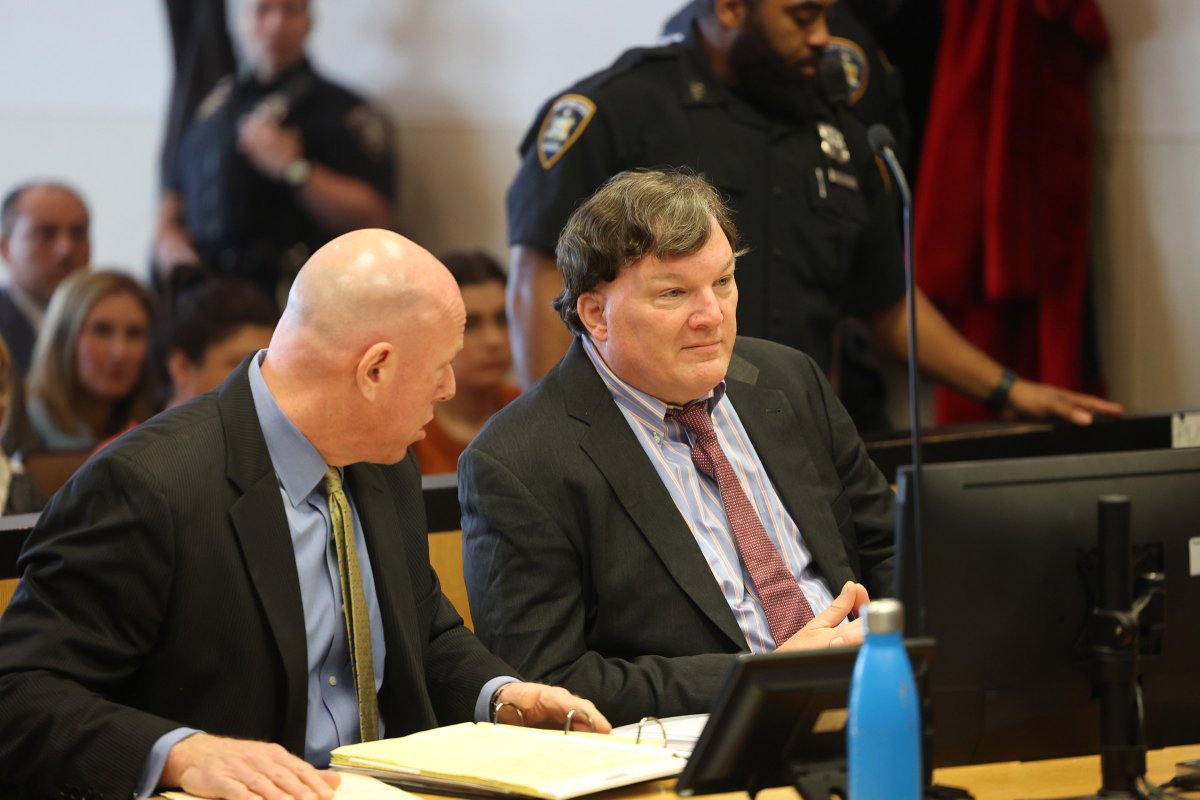My Daughter Continues to Beat Me Up Emotionally: When Is Enough Enough?

There’s no way to avoid the inevitable ups and downs in our relationships. No relationship is ever going to be perfect. No relationship is without conflict.
Ideally, people who care about each other will do everything possible to try and work out difficulties, misunderstandings, miscommunications, hurts, pain, disappointments and anger as honestly as possible in an attempt to preserve and improve the relationship. One thing seems certain. If there is genuine love, respect and a desire to work things out there is no reason why problems — big and small — cannot be resolved or at least be made better.
For this to have a chance of happening, people need to first have a genuine desire to work out the problems. Secondly, they need to be willing to sit down in person and discuss the issues one by one, at an agreed upon time and place. Third, there needs to be a few agreed upon rules prior to the conversation. One person speaks at a time. No interrupting. No name-calling. Ideally, both people have reasonable communication and problem-solving skills so that constructive communication is possible.
If you find that your initial efforts to resolve the difficulties are not working, think about having a neutral person act as a mediator, at least to get the ball going and establish trust in the process.
I recently received an email from a distraught mother whose adult married daughter continues to beat her up verbally and emotionally.
Dear Beatty,
My 35-year-old married daughter is having significant problems in her life. She suffers from depression and posttraumatic stress disorder. Although she has had treatment with many mental health professionals over the years, she continues to blame me for her continued problems.
Although her father and I divorced when she was 5 years old, we continued to co-parent in ways that we believed were in our daughter’s best interest. My ex-husband and I both remarried people who also were committed to my daughter’s wellbeing. Did things always go smoothly? Of course not. However, I can honestly say that we all did our very best and am perplexed how badly my daughter continues to treat me.
We’ve gone months without any communication. I’ve thought many times about simply ending the relationship. However, I love her. Despite her critical and hurtful behavior, I continue to try to be available, loving, empathic and supportive. Unfortunately, no matter what I do, whenever we get together her accusations begin and our times together are ruined.
What do you suggest I do?
—Sharon, Southampton
Dear Sharon,
How very sad for both of you. You say that your daughter has seen a variety of mental health practitioners. Did any of them try to bring the family together, which, in my view, would have been a logical and critical step in the therapy? When a therapist hears only one side of a story, it’s very easy to buy into the one version without getting the complete picture.
This is very dangerous and damaging not only to the individual patient, but to the family unit as well. Your daughter’s treatment should have consisted of both individual and family therapy. There are ways to bring people together. And there are ways to keep people apart and estranged.
If you and your daughter are going to be able to change the dynamics in your relationship, you are the one who is going to have to set some boundaries. Remember, we can’t change anyone — only ourselves! While still listening to her side of the story, you need to tell her that you love her and want a relationship with her, but gently and firmly insist that you no longer are willing to listen to her put-downs and continued emotional abuse. Have you ever told her this before?
A pattern seems to have developed, perhaps long-standing, where you have enabled and therefore encouraged her to disrespect and beat you up emotionally. So the real question is: Have you had enough? Are you willing to begin to set some clear boundaries for you and your daughter? Are you prepared to take a temporary time-out or even ask her to leave if she crosses over those boundary lines and continues to hurl insults at you?
As you hopefully can see, it’s up to each of us to set up our own boundaries and make sure that we don’t allow anyone to cross over them. The more we enable bad behavior the more the behavior will continue. In effect, the buck stops with each of us.
What are you going to do?

Beatty Cohan, MSW, LCSW, AASECT is a nationally recognized psychotherapist, sex therapist, author of For Better for Worse Forever: Discover the Path to Lasting Love, columnist, national speaker, national radio and television expert guest and host of the weekly “Ask Beatty Show” on the Progressive Radio Network. She has a private practice in New York City and East Hampton. Beatty would love to hear from you. You can email your comments and questions to BeattyCohan.msw@gmail.com. For more information, go to beattycohan.com.



